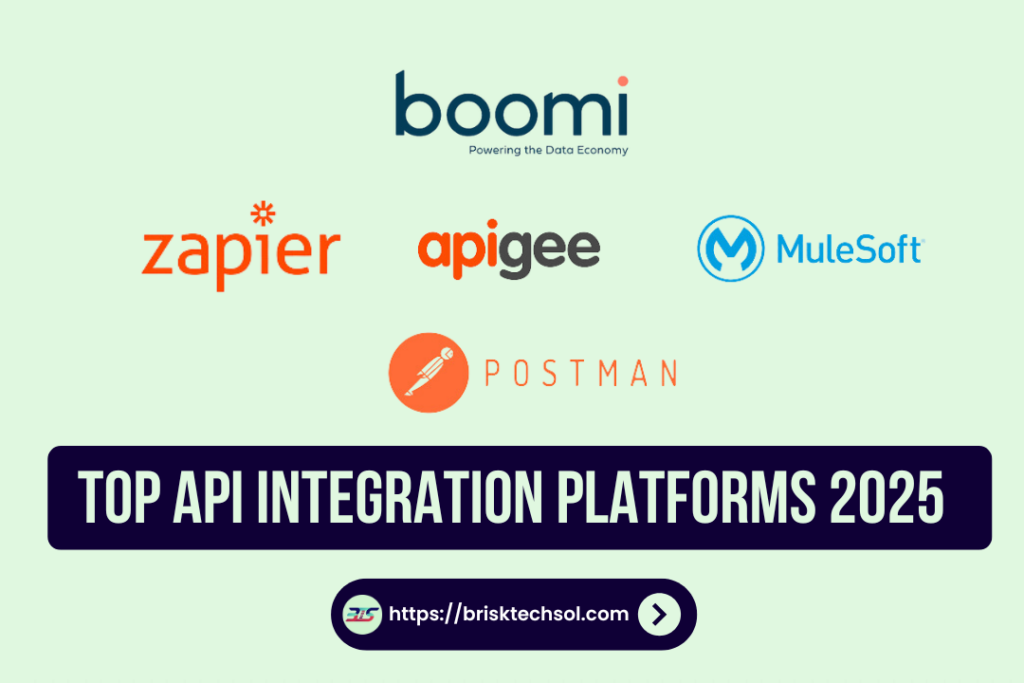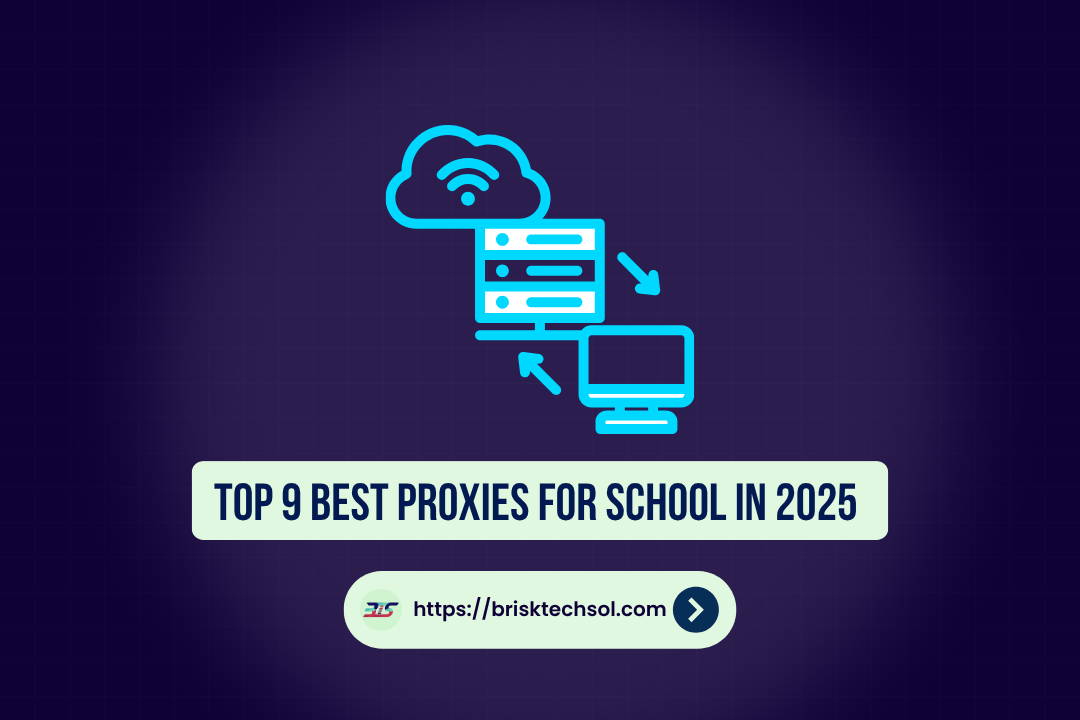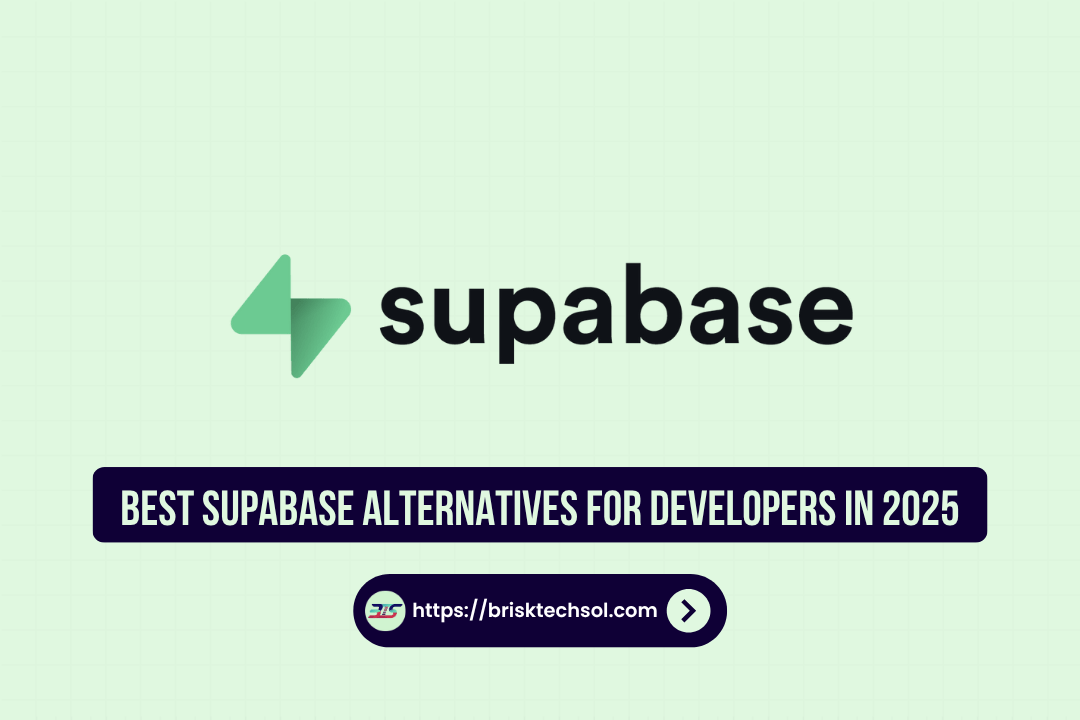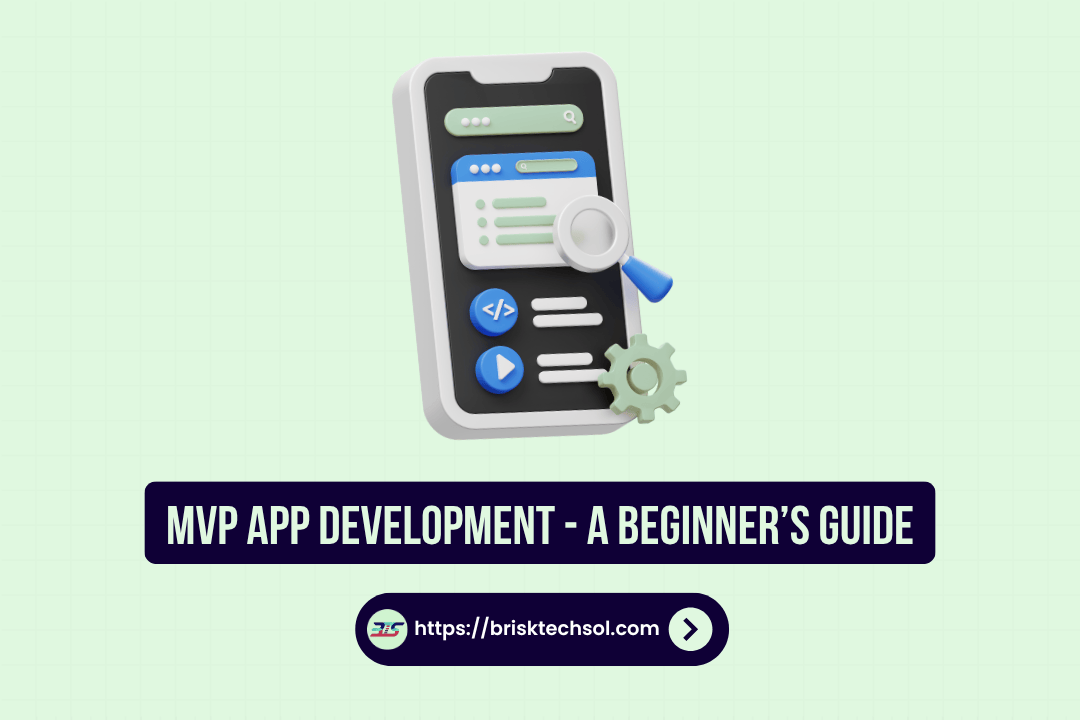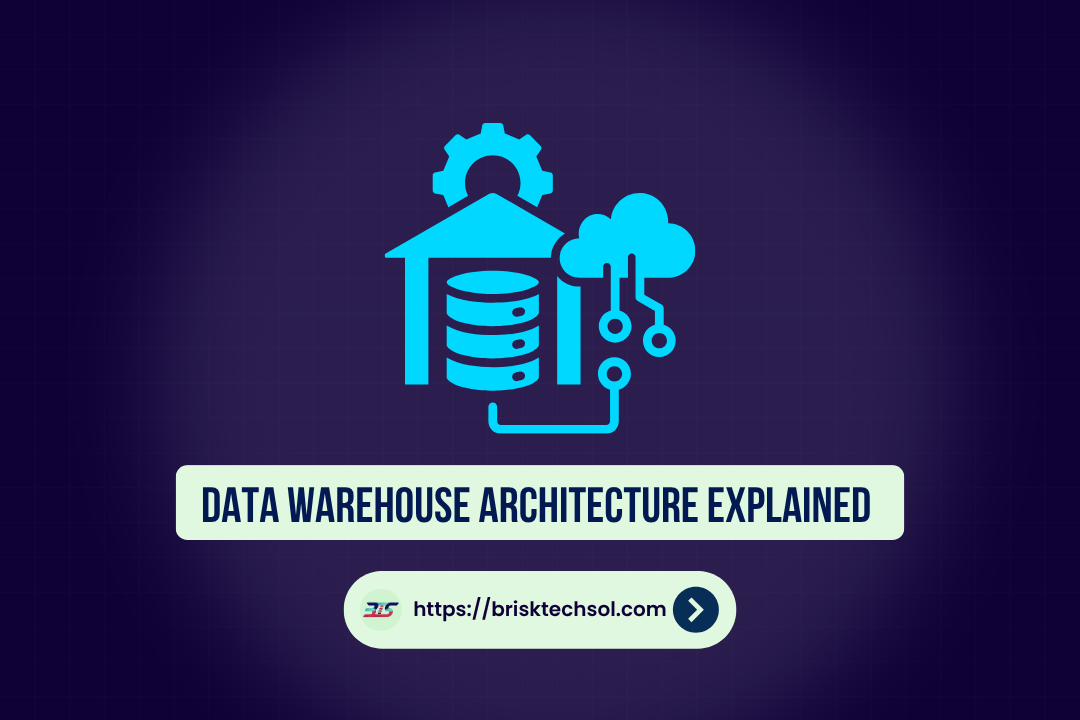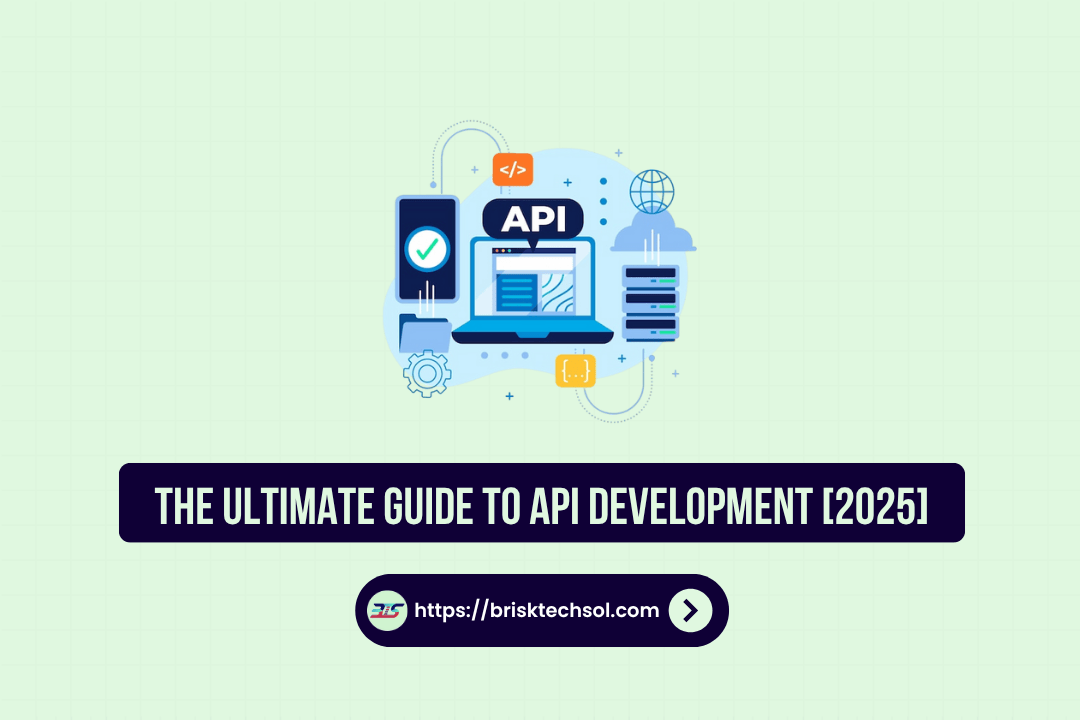API integration platforms enable different software applications to communicate and work together, making business processes smoother and more efficient. They simplify complex tasks, reduce manual effort, and help businesses stay connected and organized.
What Is an API Integration Platform?
An API (Application Programming Interface) integration platform serves as a central hub that facilitates the interaction of various software systems and applications. These platforms streamline the integration process by providing tools, pre-built connectors, and frameworks, ensuring compatibility and efficient data exchange between systems. By acting as intermediaries, they eliminate the need for extensive manual coding and reduce the time required to implement integrations.
API integration platforms often come with advanced features such as monitoring and analytics, security protocols, and lifecycle management tools. For instance, MuleSoft offers enterprise-grade solutions for large-scale integrations, while platforms like Postman are tailored for API testing and collaboration.
Top 10 API Integration Platforms in 2025
API integration platforms offer unique features and capabilities tailored to different business needs. Here’s a list of the top 10 platforms leading the market in 2024:
MuleSoft
Known for its robust integration capabilities, MuleSoft is ideal for enterprise-level businesses. It offers advanced tools for API lifecycle management, data integration, and analytics.
Zapier
Perfect for small and medium-sized businesses, Zapier simplifies task automation by connecting apps with pre-built workflows, requiring no coding skills.
Workato
Workato combines simplicity with power, providing pre-built integrations and AI-driven automation for enhanced efficiency.
Dell Boomi
A cloud-native platform, Dell Boomi excels at integrating diverse systems and applications, offering strong scalability for growing businesses.
Postman
While primarily an API development tool, Postman’s integration and testing features make it invaluable for developers working on API connectivity.
Apigee
Google’s Apigee provides advanced API management capabilities, including analytics, security, and scalability, making it a favorite for large-scale implementations.
Microsoft Power Automate
Microsoft Power Automate offers low-code integration and automation, seamlessly connecting with the Microsoft ecosystem and other third-party apps.
TIBCO Cloud Integration
TIBCO’s platform is built for agility, offering hybrid cloud and on-premise integration solutions with strong data transformation capabilities.
Jitterbit
Jitterbit stands out for its user-friendly interface and strong data transformation tools, enabling businesses to build integrations quickly.
Integromat (Make)
Renamed as Make, this platform allows users to design visual workflows and automate complex processes with extensive app support.
Each platform offers unique features, so choosing the right one depends on your business size, integration needs, and budget.
Benefits of API Integration Platforms
The adoption of API integration platforms provides numerous advantages, making them a cornerstone of modern business operations. These benefits include:
- Enhanced Operational Efficiency API integration platforms eliminate redundant tasks by automating data synchronization between systems. For example, a retail business can automatically update its CRM system with customer data from its e-commerce platform, saving time and reducing errors.
- Improved Scalability With an API integration platform, businesses can easily incorporate new applications into their workflows. This ensures seamless growth and adaptability as operational needs evolve.
- Cost Savings By automating processes and reducing manual intervention, API integration platforms lower operational costs. Additionally, the time saved on integration development translates to significant financial benefits.
- Data Centralization These platforms consolidate data from various sources into a unified system, making it easier to analyze and derive actionable insights.
| With API Integration | Without API Integration |
|---|---|
| Automated data sync | Manual data entry |
| Centralized analytics | Disparate data sources |
| Scalable architecture | Limited growth potential |
Features of Modern API Integration Platforms
API integration platforms come equipped with robust functionalities designed to address the complexities of modern business needs. Key features include:
- Pre-built Connectors Platforms like Zapier and Workato provide pre-built connectors for popular applications, enabling quick and hassle-free integrations.
- Data Transformation Capabilities API integration platforms ensure data compatibility by converting formats as needed, allowing seamless interaction between systems with differing standards.
- Monitoring and Analytics Real-time tracking of API performance helps businesses identify bottlenecks and resolve issues promptly. Platforms often include dashboards for visualizing data flows.
- Robust Security Measures To protect sensitive data, platforms incorporate features like OAuth authentication, SSL encryption, and rate limiting to prevent unauthorized access and abuse.
Use Cases Across Industries
API integration platforms find applications in diverse sectors, revolutionizing workflows and improving outcomes.
- E-commerce Retailers integrate payment gateways, inventory systems, and shipping providers to create seamless shopping experiences. For instance, Shopify connects with PayPal and UPS, ensuring smooth payment processing and logistics management.
- Healthcare Hospitals and clinics use API platforms to synchronize Electronic Health Records (EHR) with patient management systems, improving patient care and administrative efficiency.
- Finance Banks leverage API integration platforms to automate financial reporting and compliance, while enabling real-time transaction tracking through analytics tools.
- Logistics Logistics companies integrate APIs to track shipments, optimize supply chains, and ensure timely delivery of goods.
Growing Trends in API Integration Platforms
The API integration landscape is undergoing rapid transformation, influenced by technological advancements and changing business needs. Key trends include:
- AI-Powered Automation Artificial Intelligence is being incorporated into API platforms to enhance automation, improve error detection, and enable predictive analytics.
- Microservices Architecture The shift towards microservices has increased reliance on APIs to connect various service components, enabling faster development cycles and improved scalability.
- API Security Enhancements As API usage grows, so does the need for robust security measures. Expect greater adoption of zero-trust frameworks and advanced encryption techniques.
API integration platforms are key to helping businesses grow and innovate. They make operations smoother, improve efficiency, and allow companies to adapt quickly to changing markets. As new technologies like AI and microservices continue to grow, these platforms will only become more important. For businesses wanting to stay ahead, investing in a solid API platform is a must.
FAQs
What is an API integration platform?
An API integration platform is a software solution that connects multiple applications, allowing them to share data and work together seamlessly.
Why are API integration platforms essential for businesses?
These platforms improve efficiency, scalability, and data accuracy by automating workflows and centralizing information.
What industries benefit most from API integration?
Sectors like e-commerce, healthcare, finance, and logistics rely heavily on API integration platforms to optimize operations.
Are API integration platforms secure?
Yes, most platforms offer robust security features, including encryption, authentication protocols, and activity monitoring.
What is the future of API integration platforms?
With advancements in AI, enhanced security measures, and increased adoption of microservices, API platforms will become more powerful and indispensable.


